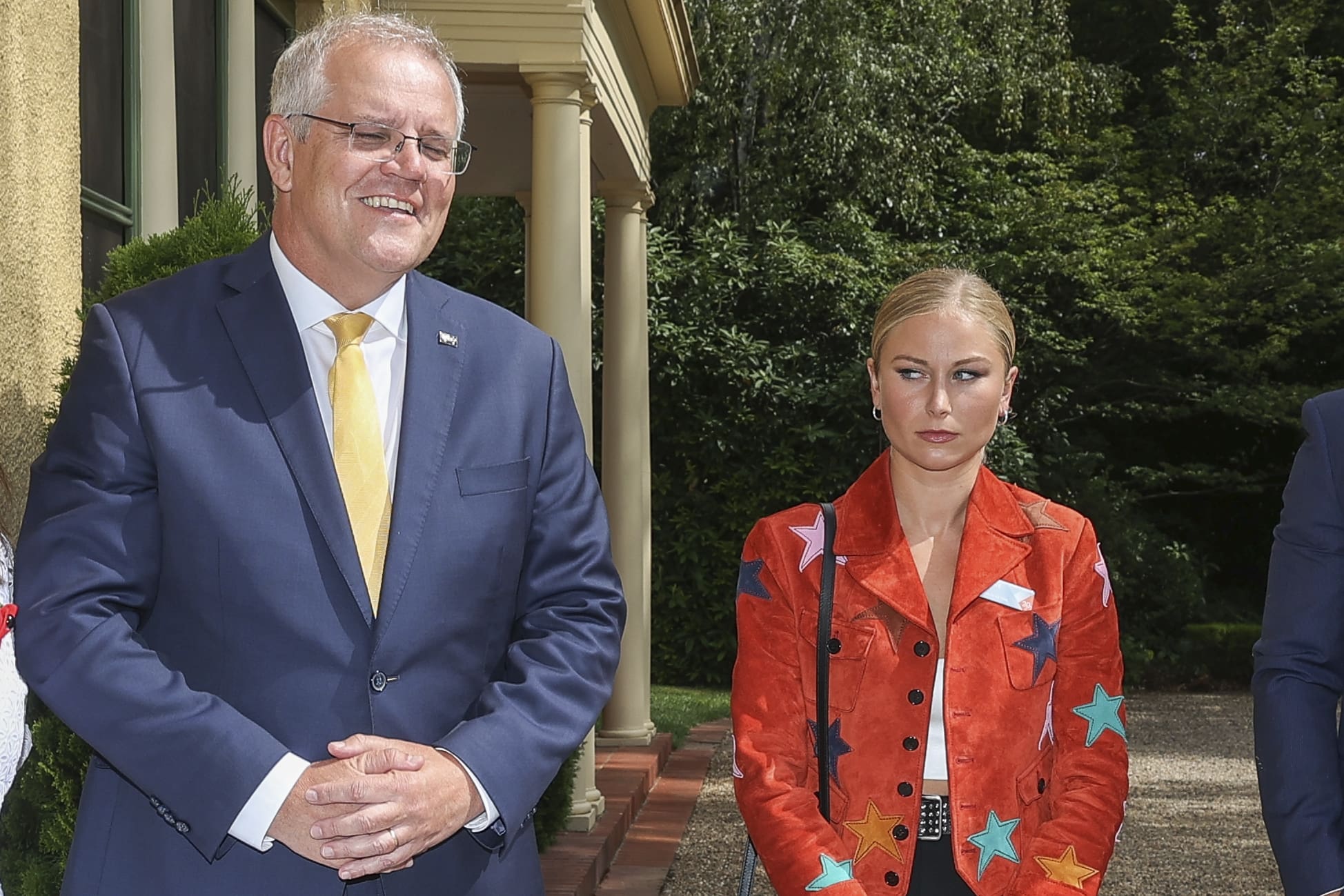CW: Discussions of domestic violence, sexual assault and harassment, and murder
On Friday 25 March, 21-year-old Mackenzie Anderson was murdered by her ex-boyfriend in Sydney’s northwest. This case moved me: firstly because of its sheer brutality, but then with further searching of Mackenzie’s social media, seeing that her cries for help could not save her.
Her story led me to think more about the systemic problems that allow these incidents to keep occurring, and why, even amid bustling election discourse filled with political narratives wishing to make important reforms, steps to reducing domestic violence recidivism are nowhere to be seen. Many Australian policies and interventions surrounding domestic violence are aimed to support the victim after an incident, however there appears to be a missing focus on prevention, as tragically highlighted in Mackenzie’s story.
Mackenzie was the fifteenth woman to be lost to domestic violence in Australia so far this year. The #metoo movement built momentum for conversations on domestic violence and sexual assault but evidently, it has not fixed the problem. Instead, attention has shifted to highlight a system that has failed to create subsequent laws and processes to protect these victims.
Mackenzie made numerous videos speaking out and showing photos and videos of the violence she endured, some reaching over 100,000 likes, yet she bled to death at the hands of a system that muted her cries for help. Her tragic case speaks volumes to the fact that awareness simply isn’t enough.
The issue of sexual assault and violence echoes throughout every nook and cranny of our society, from households to workplaces to universities. The sickening statistics found in the newly released National Student Safety Survey show that 1 in 20 students have experienced sexual assault in their time at university, with 1 in 4 of them reporting a formal complaint.
Ideally, this number should be 4 out of 4, but when reaching out so often leads to a dead end, why would you bother? By this, the system enables these horrible occurrences.
Throughout this election period, there should be a spotlight on such an endemic issue. But the topic of domestic violence remains in the shadows of campaign announcements, suggesting a continued absence of legal reform.
According to a GoFundMe set up by her family, Mackenzie lodged a domestic violence order against the perpetrator which led to a maximum nine months imprisonment. He was given parole after four and was released 16 days before her murder. She was not informed of his freedom. And this is a case where action was taken, an experience many assault victims are unlikely to share.
It’s painful to view Mackenzie’s social media posts with the benefit of hindsight, knowing that she was let down. How is it that a woman who speaks out and files for protection that leads to a sentence still becomes a victim? If that fails, how can there be any hope for those who feel unable to speak out or don’t have the means or evidence to seek protection orders?
How many more lives must we lose for the justice system to wake up to the issue of domestic violence? This issue is far too prevalent to be left in the rubble of this case.
I believe the answer lies in how the justice system responds to victims’ voices. That is where the issue lies, and why this issue is still, to a great extent, left in the dark. Awareness alone cannot prevent events like this from happening if it is not supported in the justice system itself. It takes more than expecting the victim to speak up. Mackenzie spoke up, she said “me too”, and no one heard. The continued silence in the upcoming election on domestic violence only perpetuates the problem.





